HANOI Not only does organic farming help the 20-year-old grapefruit garden grow strongly and produce higher and higher yields, it also helps the garden owner and the land become healthier.
HANOI Not only does organic farming help the 20-year-old grapefruit garden grow strongly and produce higher and higher yields, it also helps the garden owner and the land become healthier.
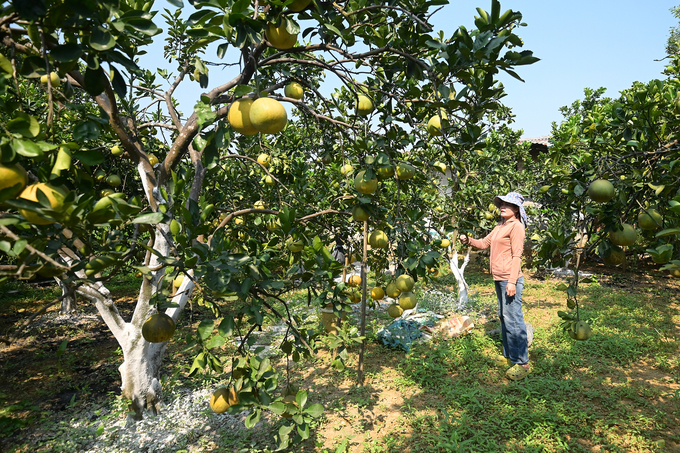
The Ba Phuong grapefruit garden of Mr. In and Ms. Phuong's family is healthy thanks to organic farming. Photo: Tung Dinh.
Young tree, healthy people
4 years ago, looking at the Dien grapefruit garden that had been growing withered and fruitless for more than 15 years, Mr. In and his wife Ms. Phuong in Nam Phuong Tien commune (Chuong My district, Hanoi ) could not help but feel heartbroken. Not accepting their situation, they went online to find out how to save their family's grapefruit garden and "organic farming" became the keyword to completely solve the family's worries.
In addition to the obvious change in the health of hundreds of grapefruit trees in the garden, the family of Mr. In and Ms. Phuong, the owner of Ba Phuong grapefruit garden, also saw an improvement in human health. "My house is located among hundreds of grapefruit trees. Before, every time I fertilized and sprayed pesticides, I was very tired, but now it's completely different," Ms. Phuong shared.
Starting to grow grapefruit in 2004, Dien grapefruit trees had a period of peak prices but gradually declined due to the sharp increase in supply, along with the excessive use of chemical products causing the trees to gradually become exhausted. Not to mention, the soil quality in the garden also decreased, causing the quality of grapefruit to decrease, and the price of grapefruit to plummet. In the context of many gardeners neglecting grapefruit trees when prices dropped, Ms. Phuong's family still persevered.
By 2020, they decided to change, switching to organic farming and pest control using microbial products with the help of staff from the Plant Protection Institute.
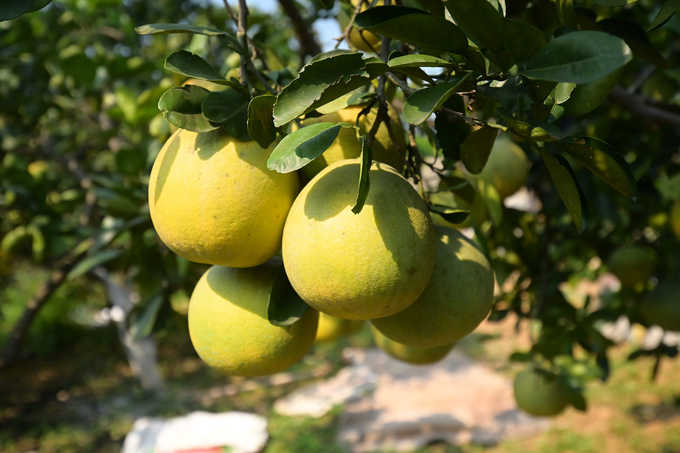
Dien grapefruit garden is 20 years old but still bears many beautiful fruits because it is cultivated properly. Photo: Tung Dinh.
Up to now, after 4 years of changing the method, Dien Ba Phuong grapefruit garden is green and healthy, each tree can produce 100 - 200 fruits/season, depending on the weather.
"Looking at the grapefruit garden today, many people think the trees are only over 10 years old, but in fact they are almost 20 years old. Doing organic farming like this, the trees are young and the people are healthy," Ms. Phuong said excitedly.
Not only are the trees healthy, the people and soil health have also improved significantly. The garden soil, which used to be dry, is now loose and moist all year round. Under the grapefruit trees is a layer of lush green vegetation, which helps retain moisture and protect the microorganisms in the soil.
The most obvious evidence is that the number of earthworms in the garden has increased again, much higher than 4 years ago. However, this also causes Ba Phuong gardeners to face the problem of "worm thieves" from those who stimulate worms.
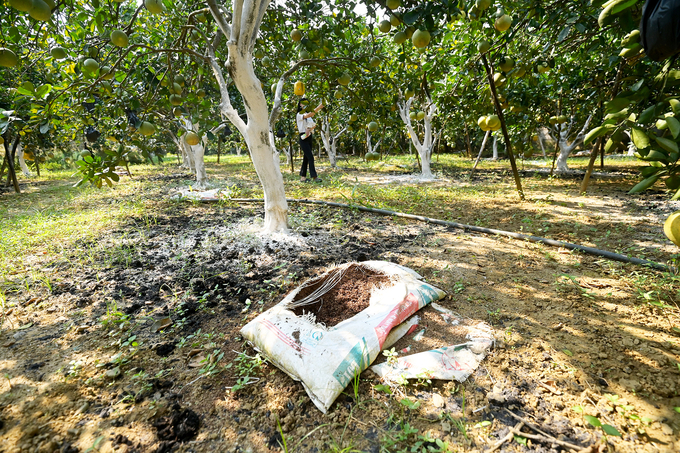
Lime powder, straw ash and chicken manure are used to fertilize grapefruit. Photo: Tung Dinh.
Feed plants beans, fish, snails
Ba Phuong garden currently has more than 4 hectares of Dien grapefruit, equivalent to about 600 trees and 100% are cultivated organically. In addition to using organic fertilizers, biological and microbiological products, some inorganic fertilizers such as NPK or potassium are still maintained to supplement nutrients for the plants.
NPK is applied during the flowering stage to increase fruit set, while potassium is added when the fruit is the size of a rice bowl to increase the sweetness of the fruit.
The remaining main "foods" of grapefruit trees are corn, soybeans, fish, snails, straw ash, chicken manure... which are applied directly (ash, chicken manure) or composted with microbial products (such as corn, beans, fish, snails...).
"Every year, my family composts about 1 ton of soybeans, 1 ton of fish, and uses about 100-200 bags of straw ash and chicken manure to fertilize the plants," the garden owner shared. Accordingly, the fertilizer is composted, diluted, and evenly applied to the plants every 10-15 days, especially focusing on the post-harvest stage to help the plants recover quickly. It should be noted that if the fertilizer is too concentrated, it can be counterproductive and cause the roots to rot.
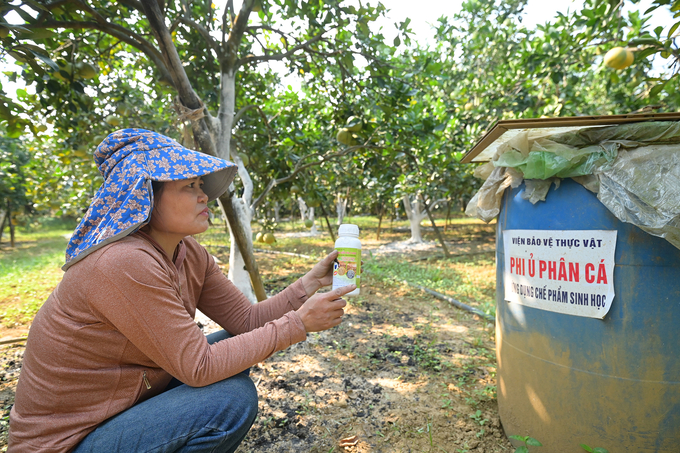
Organic compost bin using biological products supported by the Plant Protection Institute for Ba Phuong grapefruit garden. Photo: Tung Dinh.
After converting to this form of cultivation, Ba Phuong’s grapefruit trees not only bear more fruit but also have a beautiful appearance, are less prone to pests and diseases, and require less use of pesticides. Meanwhile, in the neighboring area, many grapefruit gardens have become old, have low productivity, and are infested with pests and diseases, and many families have had to cut them down.
This year, the weather is not favorable when the grapefruits bloom, but it is estimated that the 4ha of Mr. In and Ms. Phuong's family will still yield about 60,000 fruits, equivalent to 100 fruits/tree. This yield is said to be only 50-60% compared to years with good harvests.
During the recent storm No. 3, many grapefruit areas of the couple's family were also flooded. Although they had dug trenches, drained water, and drained the garden early, about 20 trees still died.
With an expected output of 60 tons of fruit, the garden's loyal customers have placed orders to prepare for the year-end holidays and Tet. The selling price of grapefruits weighing 700gr or more is 20,000 VND/fruit, the smaller, uglier fruits will be sold cheaper in the markets. Having grown Dien grapefruit for 20 years, the family said they have never had unsold fruit. Especially after switching to organic farming, although the investment is higher, the quality and yield of the grapefruit garden are good, making up for the initial cost.
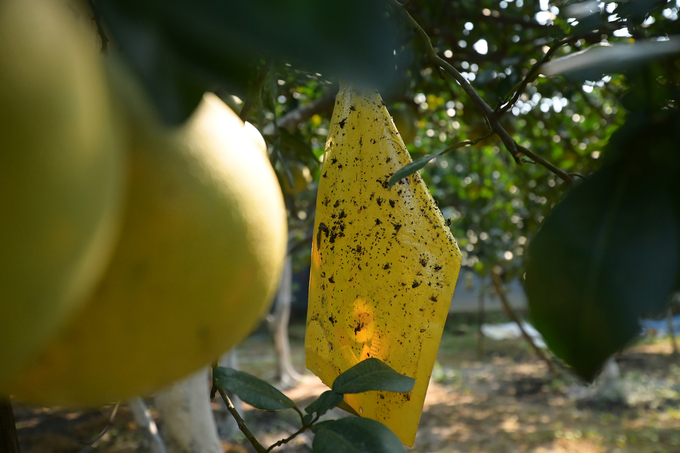
Biological bait traps are hung in grapefruit gardens to prevent pests. Photo: Tung Dinh.
Currently, to deal with harmful organisms, especially fruit flies, Ba Phuong gardeners are using biological bait traps provided by the Plant Protection Institute.
In addition to sticking, these bait traps also have the ability to attract male flies and sterilize them, preventing their ability to reproduce. However, Ms. Phuong believes that to achieve long-term effectiveness, it is necessary to carry out the work of destroying and trapping synchronously and on a large scale, avoiding trapping in one place and then flying to another.
Source: https://nongsanviet.nongnghiep.vn/trong-buoi-dien-theo-huong-huu-co-cay-tre-nguoi-khoe-d405002.html



![[Photo] General Secretary To Lam visits exhibition of achievements in private economic development](https://vphoto.vietnam.vn/thumb/1200x675/vietnam/resource/IMAGE/2025/5/18/1809dc545f214a86911fe2d2d0fde2e8)
![[Photo] National conference to disseminate and implement Resolution No. 66-NQ/TW and Resolution No. 68-NQ/TW of the Politburo](https://vphoto.vietnam.vn/thumb/1200x675/vietnam/resource/IMAGE/2025/5/18/adf666b9303a4213998b395b05234b6a)
![[Photo] More than 17,000 candidates participate in the 2025 SPT Competency Assessment Test of Hanoi National University of Education](https://vphoto.vietnam.vn/thumb/1200x675/vietnam/resource/IMAGE/2025/5/17/e538d9a1636c407cbb211b314e6303fd)




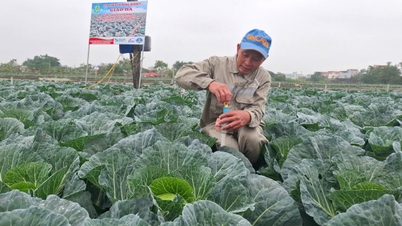


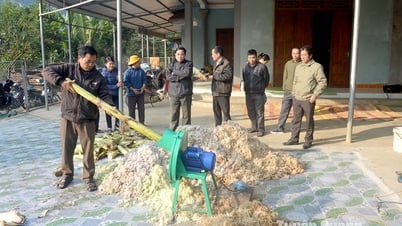

















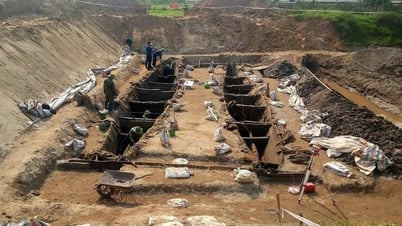

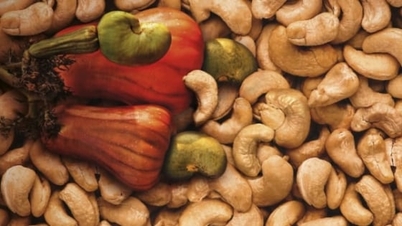
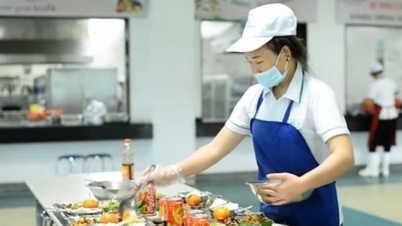
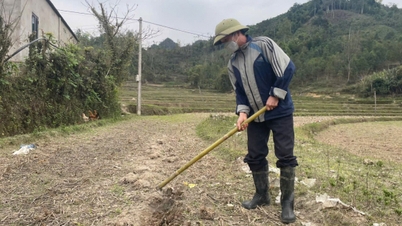
![[Photo] Prime Minister Pham Minh Chinh chairs meeting on science and technology development](https://vphoto.vietnam.vn/thumb/1200x675/vietnam/resource/IMAGE/2025/5/17/ae80dd74c384439789b12013c738a045)












































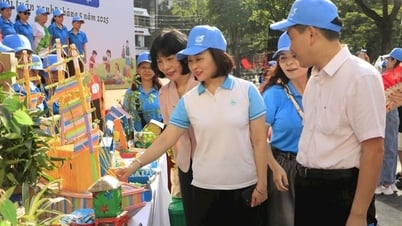




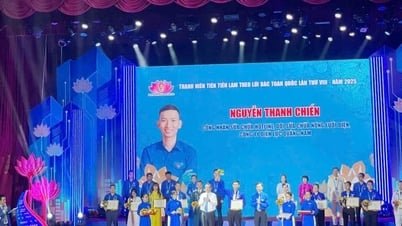
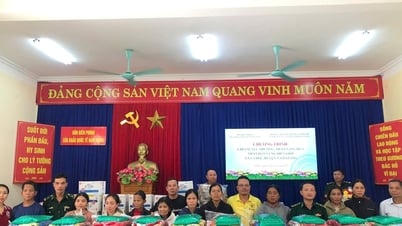










Comment (0)